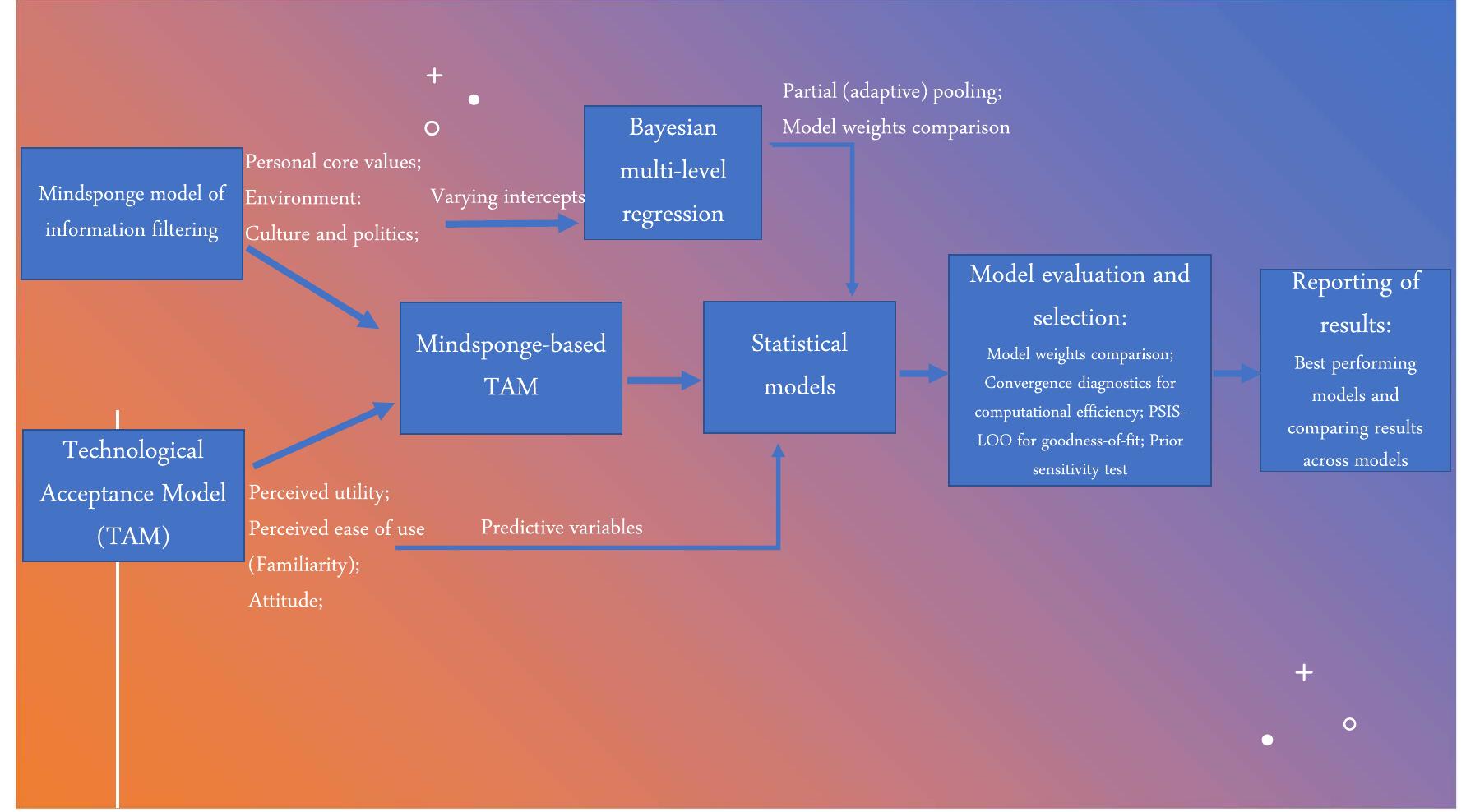Key research themes
1. How can emotional AI models effectively capture, interpret, and simulate human emotions to enhance human-computer interaction?
This research theme focuses on the development and refinement of computational models and systems that recognize, represent, and express human emotions within artificial agents. It matters for creating more natural, adaptive, and empathetic human-AI interfaces that can improve interaction quality and user satisfaction.
2. What are the ethical, social, and governance challenges posed by the widespread deployment of emotional AI in public and private contexts?
This theme explores the implications of emotional AI technologies on privacy, consent, bias, surveillance, and cultural differences. It addresses concerns about data misuse, automated emotional management, and the socio-technical governance necessary to ensure responsible development and deployment. Understanding these challenges is critical for aligning emotional AI with human rights and public trust.
3. How do emotional AI systems influence human emotional experiences, social relationships, and identity formation?
This theme investigates the psychological and social dynamics arising from interactions with emotionally intelligent AI, including embodiment, emotional projection, empathy, and digital identity extension. It encompasses research on the immersive effects of emotional AI on selfhood and interpersonal bonds, highlighting both opportunities for enhanced social support and challenges related to emotional dependency, boundary blurring, and ethical implications.









